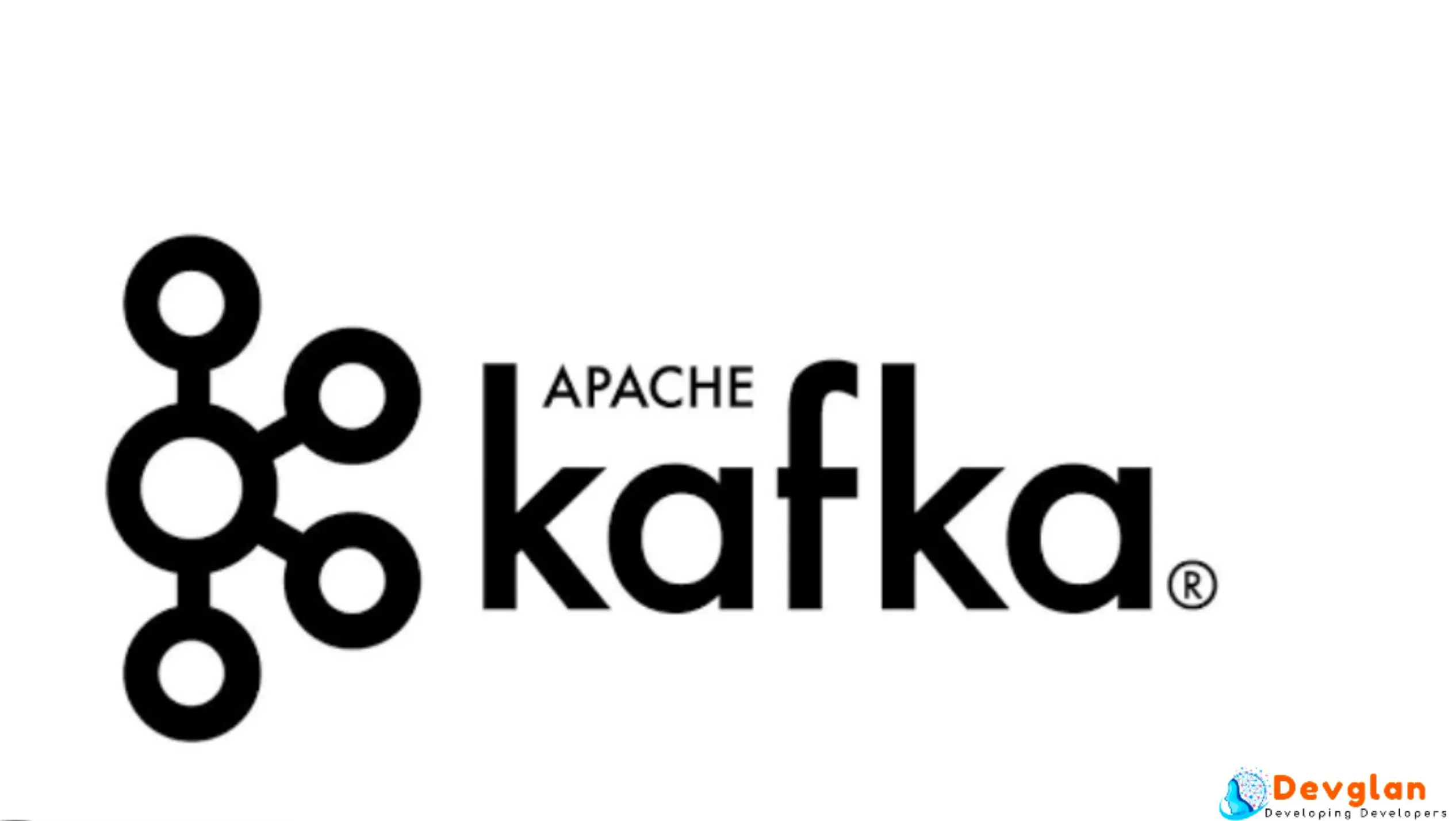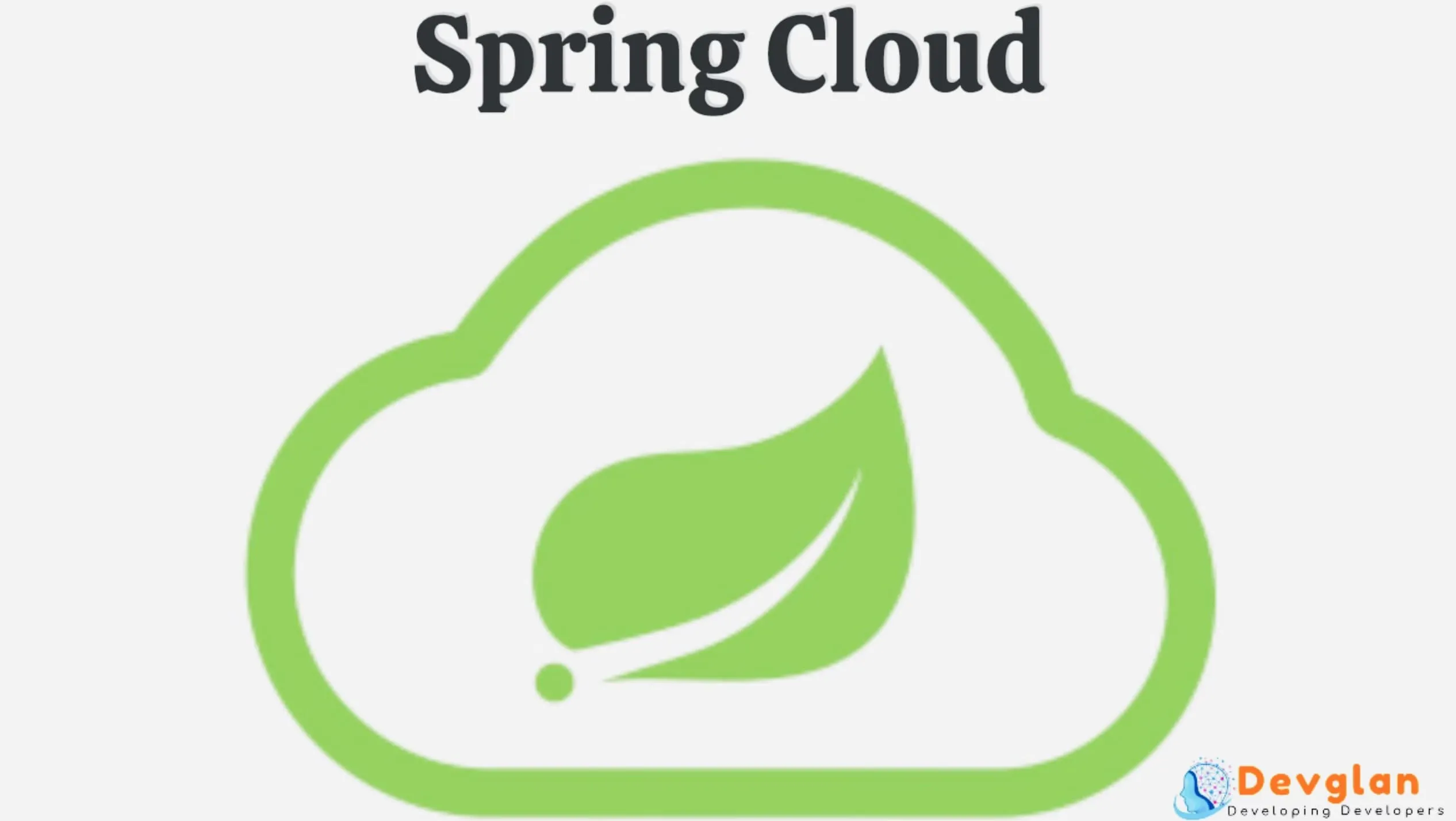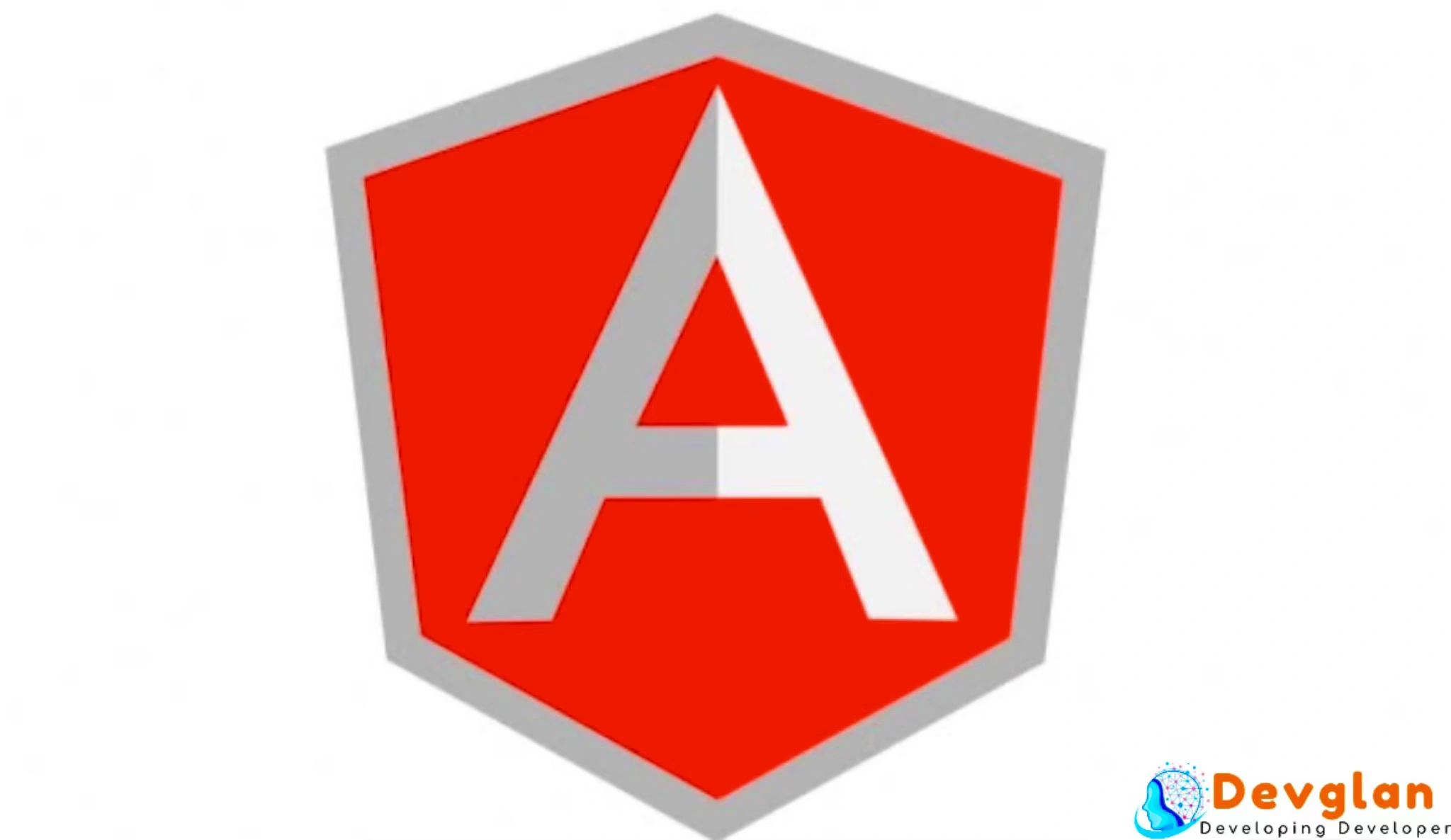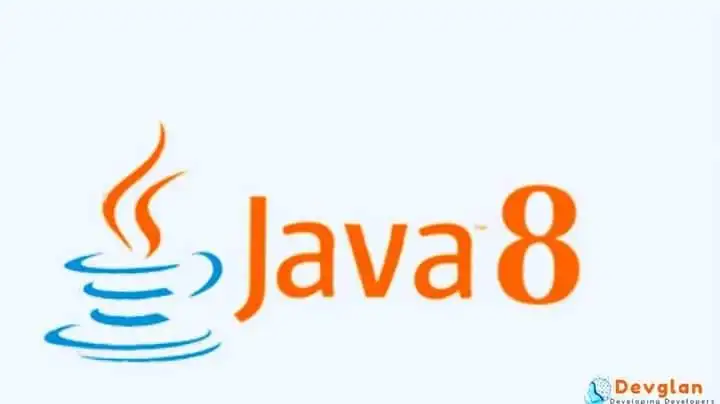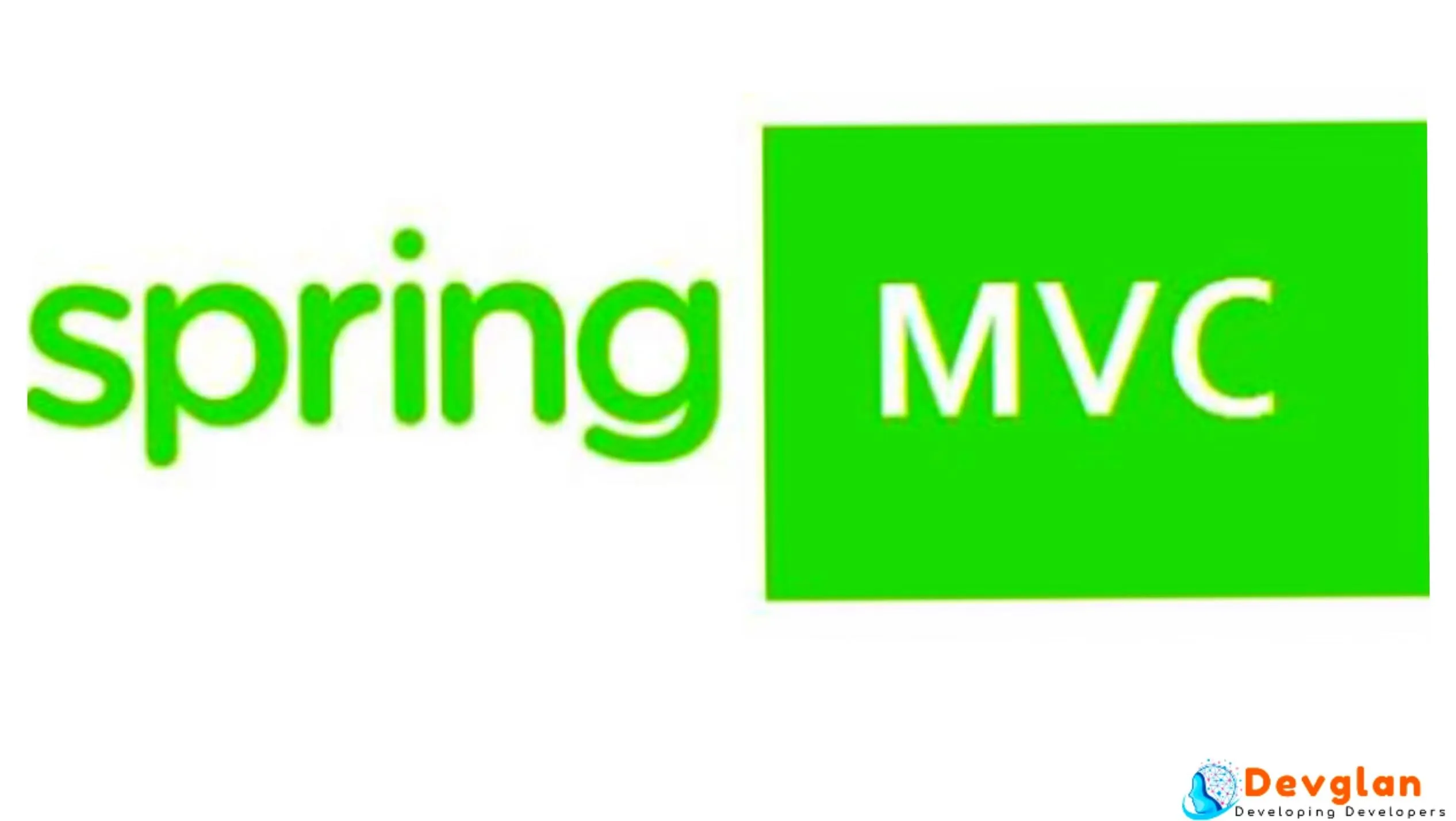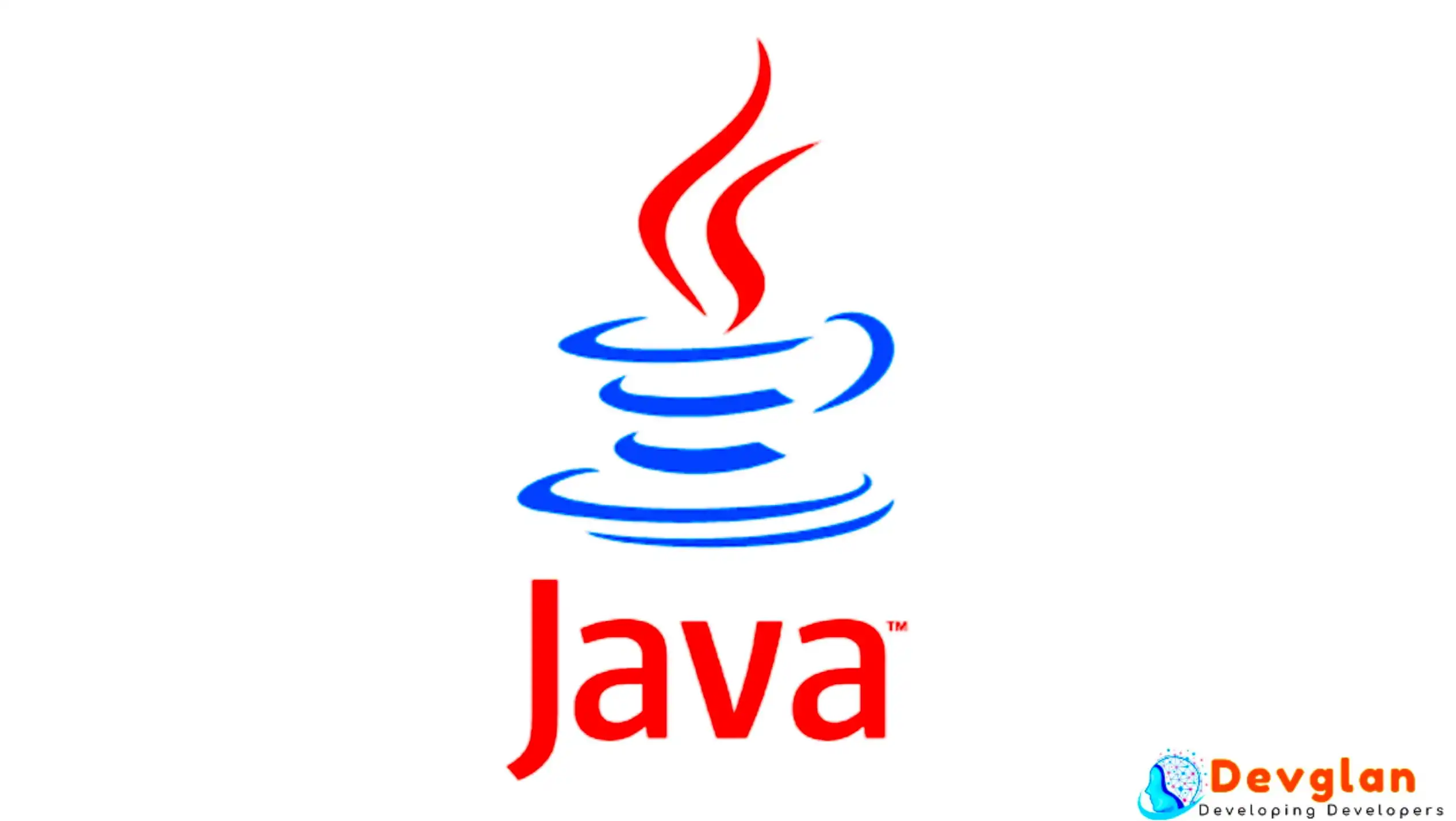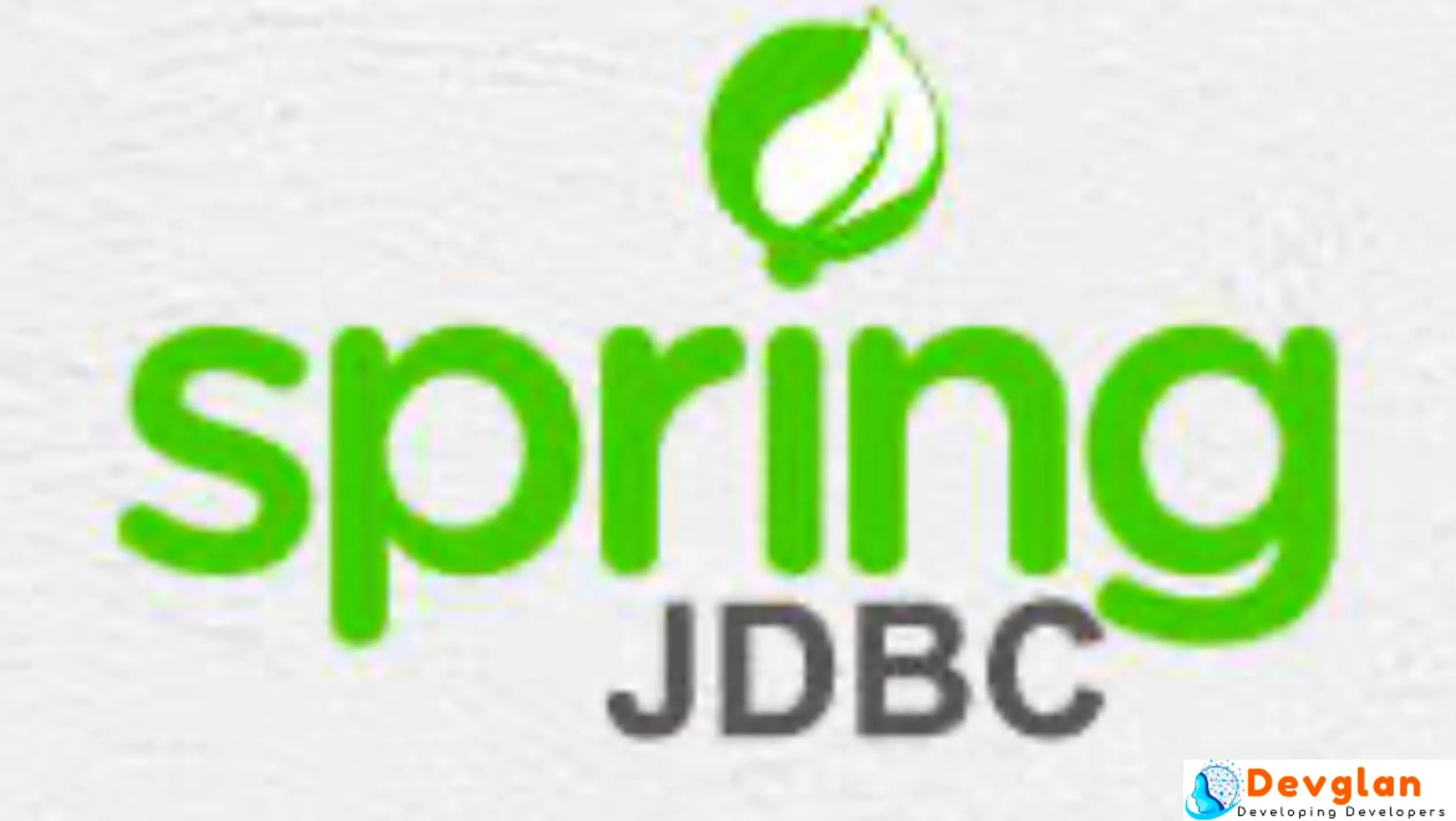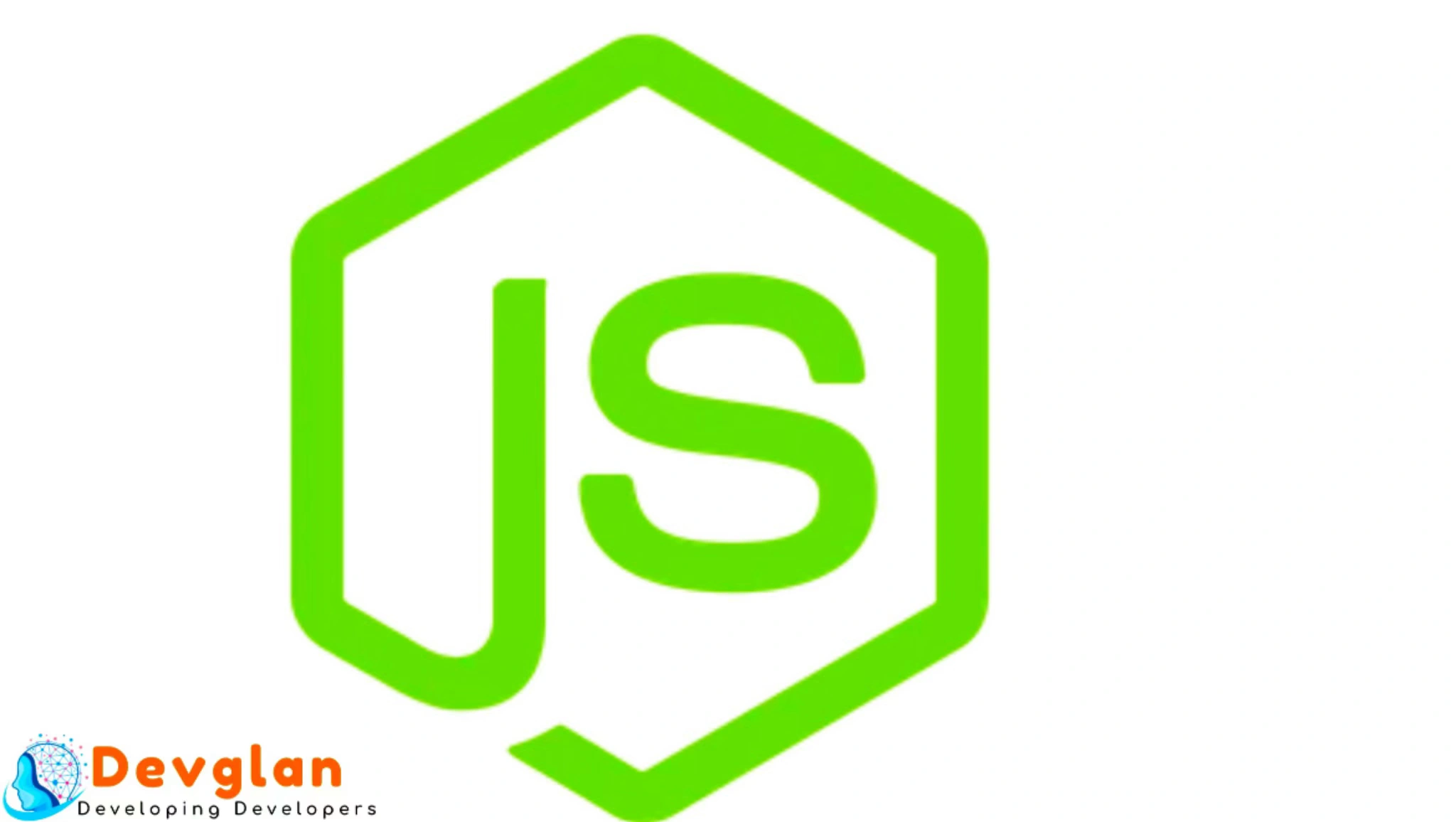Internet technology being dynamic especially as we advance in the digital age knows no boundary. Web hosting control panels, web-based tools that help users to operate their websites, are not an exception either. In this article, the future of web hosting control panels is discussed based on the ongoing development in cloud computing, security, and user interface. In this post, you will learn the primary trends and developments that define the further evolution of these indispensable instruments.
1. The Rise of Cloud-Based Control Panels
It will be also important to point out that the predominant tendency in the sphere of web hosting is cloud-based control panels. The hosting environments traditionally used physical servers that in some ways can be restrictive in terms of expansiveness. For example, cloud-based control panels come as distributed resources, where the users can scale up or down the hosting environments they have on their disposal.
Benefits:
-
Scalability: Cloud control panels enable users to easily upgrade resources as their needs grow without the need for physical hardware changes.
-
Accessibility: Users can manage their websites from anywhere, as long as they have internet access.
-
Cost Efficiency: Pay-as-you-go models can help users manage their budgets more effectively, paying only for the resources they use.
2. Enhanced User Experience with AI and Automation
Web hosting and control panels are no exception, and numerous AI features are coming to the space to improve usability. While chatbots give immediate assistance in control panels, and AI-driven analytics give more insight about web traffic, AI is changing the ways users engage with them.
Innovations:
-
Smart Recommendations: AI can analyze user behavior and recommend optimizations, whether it’s suggesting better resource allocation or identifying potential security vulnerabilities.
-
Automated Backups and Updates: Automation reduces the manual effort required for routine tasks, allowing users to focus on their core activities rather than maintenance.
-
Intelligent Monitoring: AI-powered monitoring tools can provide real-time alerts and insights, enabling proactive management of websites.
3. Focus on Security and Compliance
These threats then make security high priority concern to control panels that are used in web hosting services. New security solutions will be not only useful for data protection but also helpful for compliance with the GDPR and CCPA rules.
Security Trends:
-
Multi-Factor Authentication (MFA): Control panels are increasingly adopting MFA to provide an additional layer of security beyond just passwords.
-
Integrated Security Tools: Features such as firewalls, malware scanners, and intrusion detection systems will be standard within control panels, providing users with robust protection.
-
Compliance Features: Control panels may include tools to help users manage compliance with various regulations, ensuring that their data practices align with legal requirements.
4. Integration with DevOps Tools
The increased use of DevOps tools is the reason why more control panel for hosting services are being designed to accommodate it. When working with popular development tools and development cycles, you can simplify the work of developers and make it easier to deploy and manage applications.
Features to Expect:
-
CI/CD Integration: Control panels will increasingly support continuous integration and continuous deployment (CI/CD) pipelines, allowing developers to automate testing and deployment processes.
-
Container Management: As containerization (e.g., Docker) gains traction, control panels may offer built-in support for managing containers, simplifying the deployment of applications.
-
Version Control Systems: Direct integration with version control systems like Git will allow users to manage code repositories directly from their control panels.
5. Customization and Personalization
The future trends with regards to development of web hosting control panels are going to be a modification and customization of tools and services offered to end users. While designing handsets, users’ requirements also vary and there is much less standardization that can be applied.
Customization Trends:
-
-
Role-Based Access Control: This feature allows administrators to set permissions based on user roles, providing a tailored experience for different team members.
-
Theme and Appearance Options: Users might have the option to choose different themes or skins for their control panels, making the interface more visually appealing and aligned with their branding.
6. Improved Performance and Speed
Since many website turn into the more complex and require more resources, it is critical to improve its performance. New generations of control panels will be more oriented on containing such options and characteristics increasing the speed of work with the web site.
Performance Innovations:
-
Built-in Caching Solutions: Control panels may include caching options to improve load times and reduce server load.
-
Performance Monitoring Tools: Users will have access to advanced analytics that provide insights into site performance, helping them identify and address bottlenecks quickly.
-
Resource Optimization Features: Automated recommendations for resource allocation and optimization will help users get the most out of their hosting environments.
7. Emphasis on Environmental Sustainability
As people of the world become aware of the environment problems of the world, then the future web hosting control panel will also embrace conservation. Providers are concerned about the carbon impact they create and the control panels are not excluded.
Sustainability Trends:
-
Energy Consumption Monitoring: Control panels may include features that allow users to track the energy consumption of their websites and hosting environments.
-
Green Hosting Initiatives: More providers will promote their use of renewable energy sources and eco-friendly practices, and control panels will highlight these features.
-
Carbon Footprint Calculators: Users might be offered tools to calculate and offset their carbon footprints based on their hosting activities.
8. Expanded Support for E-Commerce
With the ever increasing popularity of e-commerce, web hosting control panels are gradually being designed for the requirements of retail internet based businesses. Elements”, which are more relevant to firms that operate in e-commerce arena, should become more noticeable.
E-Commerce Innovations:
-
Integrated Payment Solutions: Control panels may offer built-in tools for managing payments and transactions, simplifying the process for e-commerce businesses.
-
Inventory Management Tools: Users could access inventory management features directly from their control panels, streamlining operations.
-
Advanced Analytics for Sales: E-commerce control panels may include analytics tools that focus on sales performance, customer behavior, and conversion rates.
Conclusion
There are many trends and innovations which should be expected in the future of web hosting control panels to help users to get more pleasant experience, improved security, and better performance. In the light of the fact that cloud technology, AI are in the process of development, as well as DevOps practices, it could be stated that control panels will undergo changes as well. The key elements of which would continue to evolve, with a focus on customization, sustainability and the support of e-commerce as key aspects driving their evolution. Users become aware of these trends to prepare for the subsequent generations of the web hosting management solution in order to offset competition in the advanced realm of the internet service provision.


